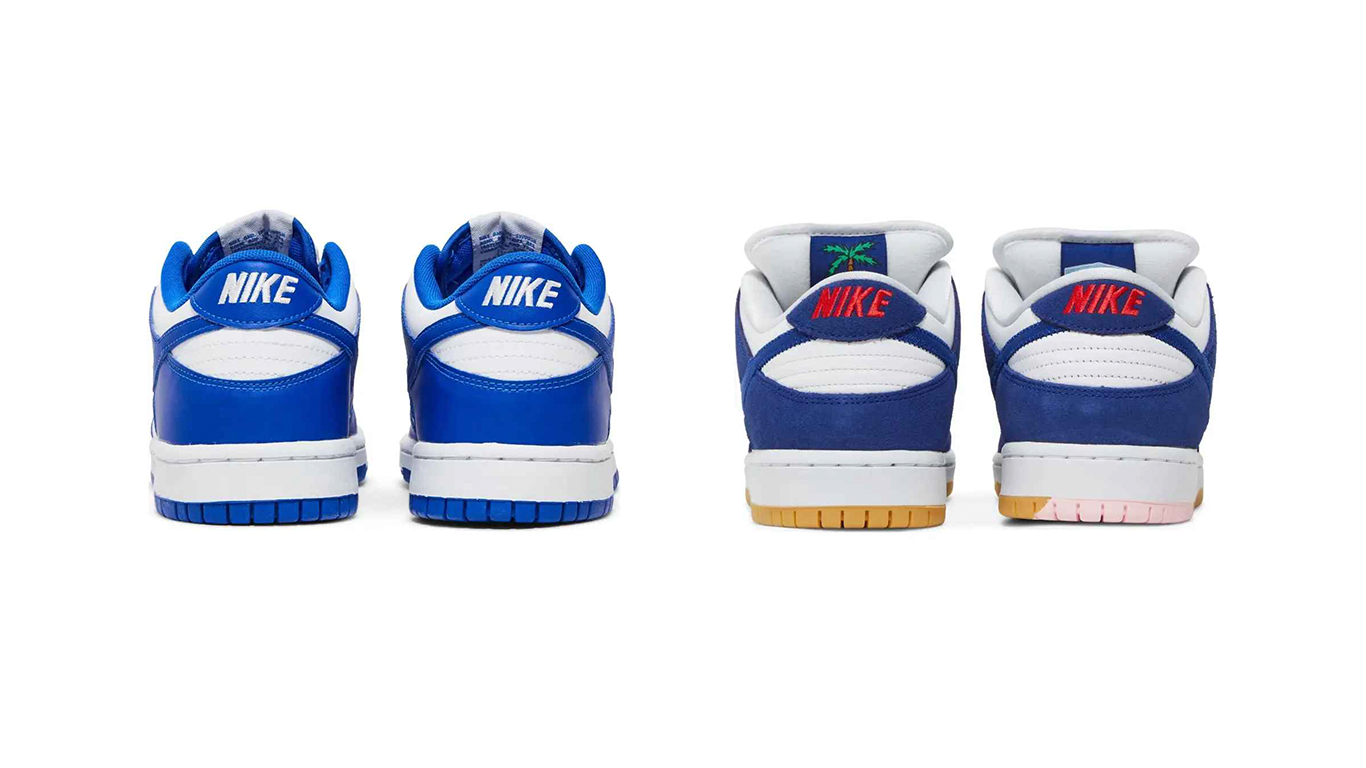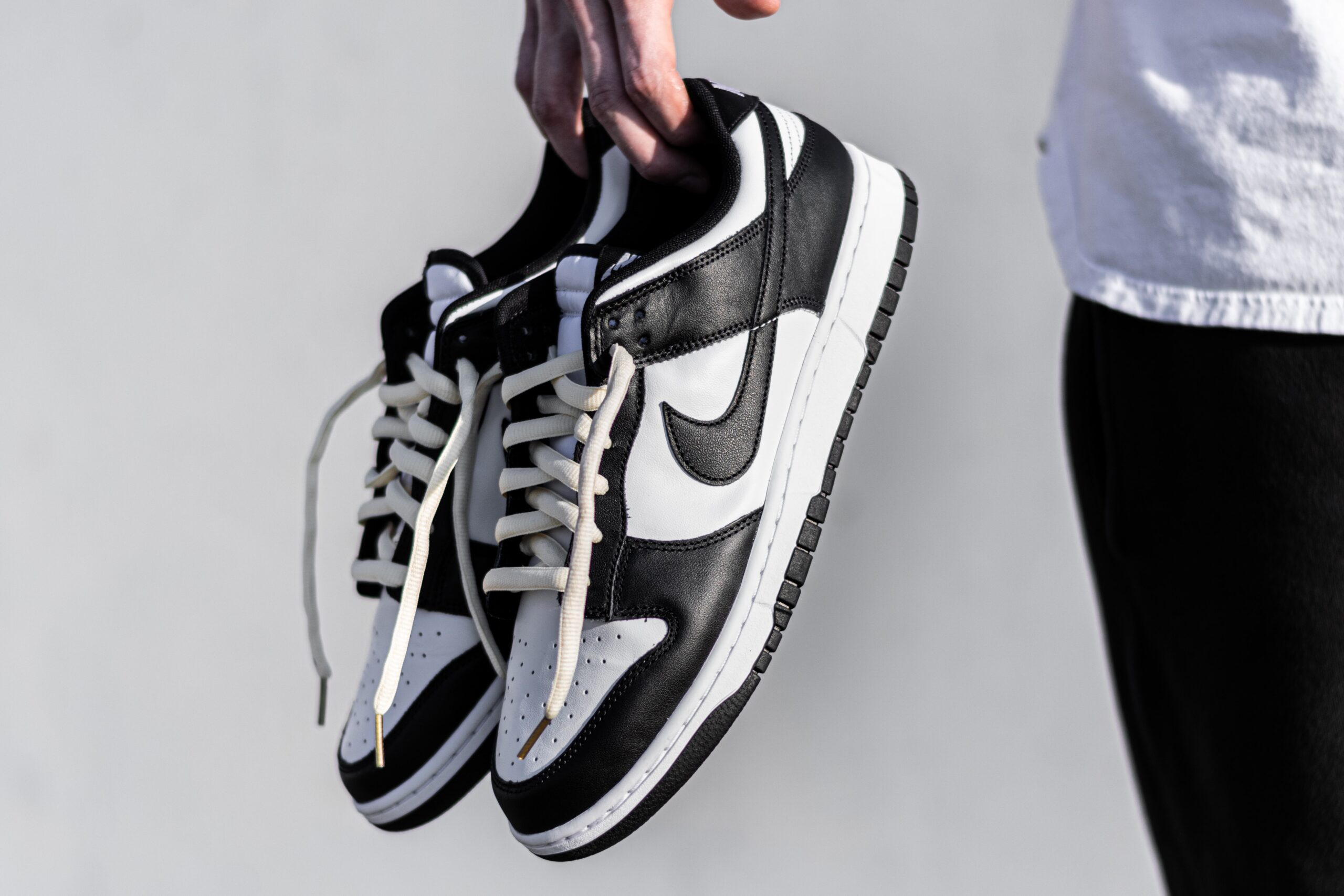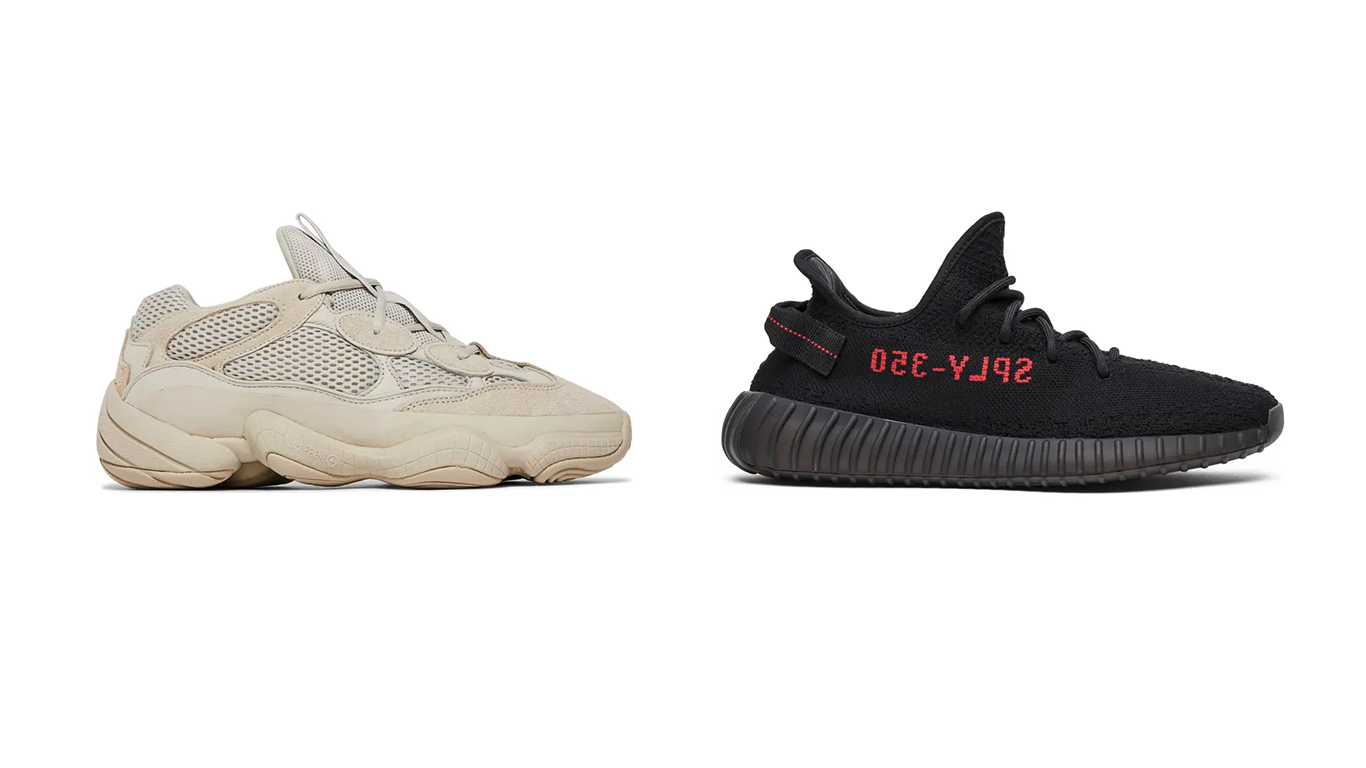Some people find it more difficult to find the right size of sneakers. While shoes fit perfectly in length, they no longer fit in width. Manufacturers often overlook this important issue, so that footwear that is theoretically the right size can result in painful abrasions and lacerations.
If you are the owner or holder of a wide foot read the following article. We will give you some tips that may make your life a little easier.
Which limited shoes to choose when you have a wide foot?
- Nike Dunk Low They are considered to be kicks suitable for wide feet. However, if they would still be too narrow, choose the SB version – originally intended for skateboarding. They are even wider than the “standard” edition.

- New Balance 990v5 to a certified classic for people with wide feet, although they are also comfortable for narrower feet.

- YEEZY sneakers are also considered wide footwear. It is worth noting, however, that although they appear voluminous in the middle, the length of the shoe is slightly shorter than in standard sizes. So be sure to take a half or full size larger for a perfect shoe fit.
How do you know if you have a wide foot?
The matter is quite simple–if you feel your feet are squeezed when putting on most shoes, it means that you have a wide foot.
In addition, the footwear often rubs the owners of the high instep as well. To see if this problem affects you, perform a water test.
Wet your foot and then place it on a paper sheet. A foot with a “standard” instep will leave a mark with a distinct indentation in the middle part of the sole (the furthest point of the indentation should be at about the height of the second or third toe). If the indentation is shallower –you are the owner of a low boost, and if the depression is higher–your boost is high.
Being aware of having a wide foot and/or a high instep, pay attention to this fact and inform the salesperson who is helping you select shoes in the store.
The scale of the turgidity
Some manufacturers create their shoes taking into account the scale of the size of the shoe, which allows both a petite person with (let’s say) a size 39 and a fatter person with the same foot size to feel comfortable. The tautness consists of several dimensions:
- perimeter by boost,
- circumference in the forefoot (i.e., behind the toes),
- Width in the forefoot and width in the heel.
This parameter is expressed in letters:
- F-gauge – shoes designed for very narrow feet, from which mostly falls (or is very loose) shoes of standard width.
- G-gauge – for feet with a standard, neutral instep, it is found in most shoes found on the market.
- H-gauge – shoes much wider, also designed for people with hallux valgus, among other things.
Note, however, that not every manufacturer considers this scale.
What to do when the purchased shoes turned out to be too narrow?
Let’s assume hypothetically – we have purchased shoes that are too narrow and tear when walking, and it is no longer possible to return them.
This does not necessarily mean wasted money. There are several ways to stretch footwear. Not every shoe will be able to undergo this process, the best will be those made of soft leather. However, it is always worth a try.
The first way is to act with heat. Wear very thick socks, then shoes that are too narrow. Use hot air from a hair dryer and carefully direct it to the footwear, paying special attention to the areas that are pinching.
The second way is to act with cold. Fill plastic bags with water, close tightly and put them in the shoes. Put the shoes in the freezer. Since ice is characterized by higher volume than water, it will gently expand the shoes from the inside.
Carry out operations carefully, checking the condition of the shoes
Every shoe, especially the leather ones, “crashes” a bit during walking. This is a longer process, m However, we can help them do so. Put on thick, damp (but not wet!) socks, then shoes and walk around the house. You can also tightly fill your shoes with newspaper, leaving them on for at least 12 hours.
Each person has a different foot, so it is difficult to make generalized statements and advice that will be adequate for everyone.
The best way to see for yourself how comfortable the shoes are is to measure them a few times and take a few steps on a clean surface, or seek advice from qualified advisors working in a particular store.



 No products in the basket.
No products in the basket.